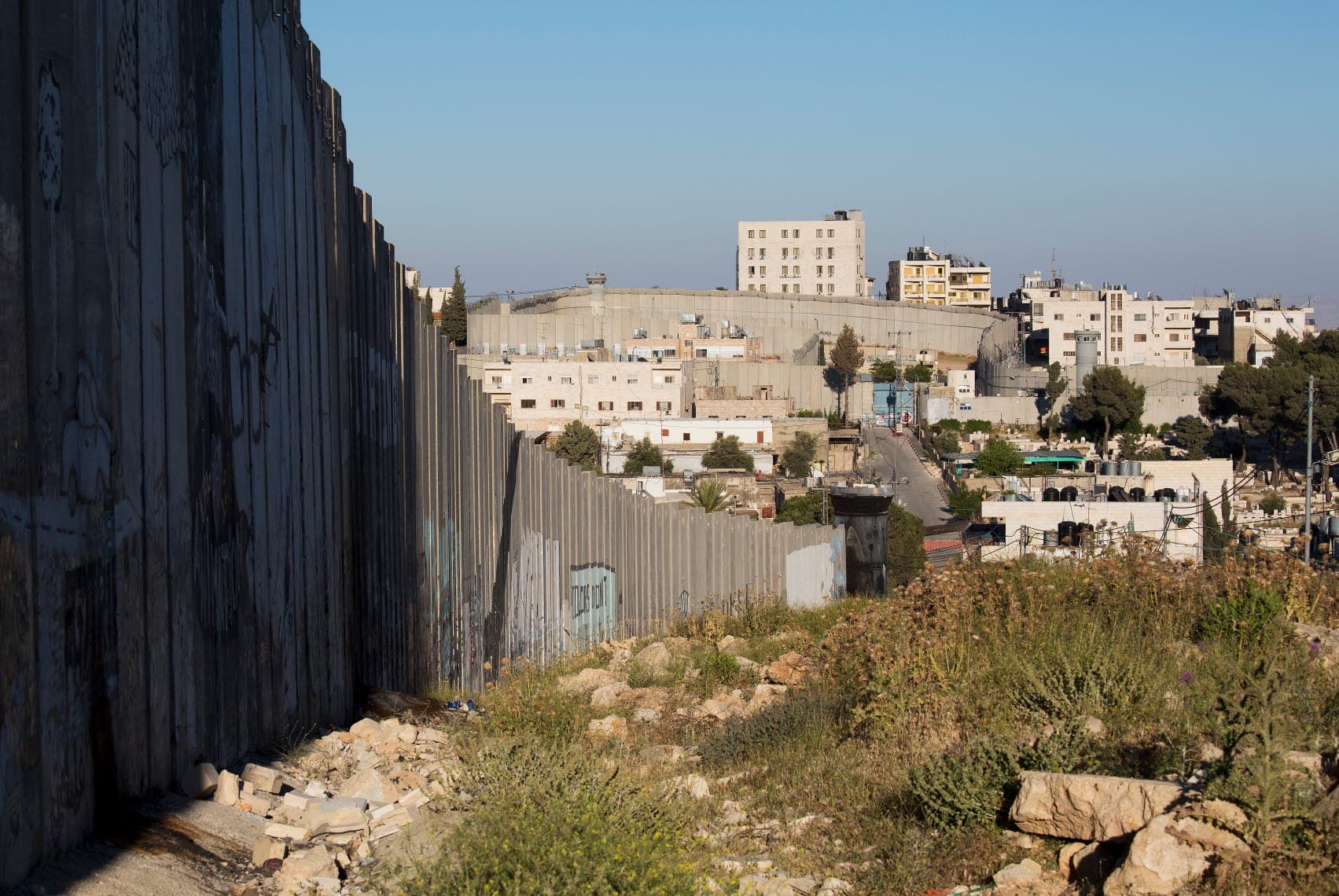
Expert Opinion: EU and IHL Compliance in the Occupied Palestinian Territory
DownloadTitle: Rights and obligations of the EU and its Member States to ensure compliance with IHL and IHRL in relation to the situation of the oPt
Author: Michael Bothe, with the cooperation of Jennifer Drehwald
Publication: June 2018
Executive Summary
The EU is a prominent actor in efforts in international politics, and has become actively involved in promoting the respect for human rights and the rule of law and to settle international controversies in this spirit. Despite the highly political character of many conflicts, law has always played an important role in this respect. The Expert Opinion discusses the legal framework of measures the EU and/or its Member States, acting individually or jointly, could take in order to promote compliance with international law, in particular international humanitarian law and human rights, by non-member States. The basic question is whether the EU has in this field the same or similar rights and obligations as do States. A crucial example of this general issue is the Middle East conflict in which the EU has also been involved in various ways. Therefore, the Opinion in its second part considers which steps the EU is entitled or even obliged to take in order to induce Israel to comply with its obligations as an occupying power in the occupied Palestinian territory (oPt).
The starting point of the analysis are three categories of international legal norms:
The legal analysis shows that the answer to these three questions is affirmative.
The starting point for this answer is the international legal personality of the EU (Art. 47 TEU) which is recognized by the international community at large. According to the rules developed by the International Court of Justice and the International Law Commission, an international organization is the addressee of those rules of customary international law which relate to the functions of the organization as determined by its constituent treaty. The Treaty of the European Union (TEU) grants the EU a competence in all fields of foreign policy (Art. 24 para. 1 TEU) and this task is contained in the guiding principles for external action (Art. 21 para. 1 TEU). This includes the promotion of democracy, human rights and the respect for fundamental principles of international law. The EU is thus empowered, by its constituent treaty, to promote compliance with international humanitarian law and human rights. It follows that the rules of customary international law applying to States in this regard also bind and entitle the EU. The EU as an organization is entitled to take the measures which States can take to ensure compliance with international humanitarian law and human rights law.
As a consequence, the EU is entitled and obligated, by a customary humanitarian law rule corresponding to common Art. 1 of the Geneva Conventions, to take measures to induce third States, parties to a conflict, to respect international humanitarian law.
It is also obligated to cooperate to bring to an end any serious breach of a peremptory norm of international law. Furthermore, it is entitled to invoke the responsibility of States to respect erga omnes obligations, such as those flowing from customary human rights law.
These obligations existing under international law are strengthened, as a matter of EU law, by the provisions of the TEU on the goals and principles of external action.
Many measures taken by Israel in relation to the oPt are alleged to constitute violations of different rules belonging to the three types of rules just mentioned: international humanitarian law (in particular the law of belligerent occupation), peremptory norms of international law (core rules of human rights law, prohibition of the use of force, right to self-determination) and rules applying erga omnes (many human rights and rules of customary humanitarian law).
The EU is thus entitled or obligated to take a variety of measures to induce Israel to comply with its international legal obligations relating to the oPt. They include political initiatives, inter alia within the framework of the European Neighbourhood Policy or the Association Agreement between the EU and Israel, using compliance by Israel as a precondition for advantages to be granted in these frameworks, political support for the two state solution and objection to Israeli measures on the ground which impede that solution, resistance against Israel’s settlements policy including respective trade measures, support for the use of criminal law by member States and for measures taken by the ICC to punish those violations of international humanitarian law which constitute war crimes.
The Member States must support the EU in taking such measures. In certain situations, the EU must also assist Member States in taking such measures.